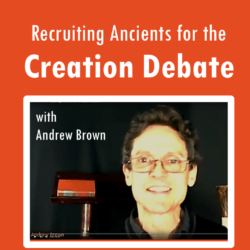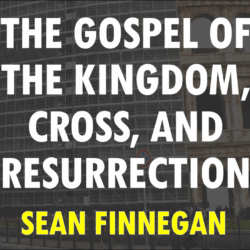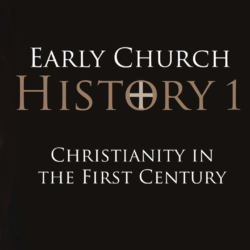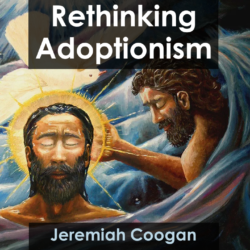Today my guest, Aaron Shelenberger, and I are tackling a second scholarly objection of Bart Ehrman against the resurrection of Jesus. We’re taking a deep dive into the historian’s use of probability to establish whether a particular event happened. Are miracles by definition improbable? Does the rarity of miracles preclude the historian from talking about them? Like last week, Shelenberger will guide us through his master’s thesis to deal with this issue.
Listen to this episode on Spotify or Apple Podcasts
—— Links ——
- For Shelenberger’s thesis, see part 1: 444 Resurrection Objection 1: Unreliable Gospels?
- Follow Aaron Shelenberger on his YouTube channel: Life and Beyond and on his blog: Abandoning the Trinity
- See Mike Licona’s Why Are There Differences Between the Gospels?
- Check out Shelenberger’s interview on the Trinities podcast (part 2 here)
- Support Restitutio by donating here
- Designate Restitutio as your charity of choice for Amazon purchases
- Join our Restitutio Facebook Group and follow us on Twitter @RestitutioSF
- Leave a voice message via SpeakPipe with questions or comments and we may play them out on the air
- Intro music: Good Vibes by MBB Attribution-ShareAlike 3.0 Unported (CC BY-SA 3.0) Free Download / Stream: Music promoted by Audio Library.
- Who is Sean Finnegan? Read his bio here.







Comments (from across the pond) :
1. If God exists, then all bets concerning the possibility of miracles are cancelled.
2. All ultimate ‘truth seekers’ should conduct for themselves, the experiment described in Jeremiah 29:13.
3. All talk on the possibility of miracles is heavily dependent upon our current state of scientific knowledge. However, science is always ultimately progressing. For example, ‘dark matter’ appears to exist, but if it ever becomes explicable, then our scientific textbooks will have to be completely re-written.
4. Everything that occurs, happens at least by the ‘permissive will’ of God. However, an important distinction needs to be made between events which are direct, divine miracles (e.g. Mark 6:45-52), and events which are merely supernatural (e.g. Exodus 7:10-12). An event may be genuinely supernatural, but not a direct, divine miracle.
5. The ‘bottom line’ is that the Christian Church has a duty of preaching the good news of Jesus, and His coming kingdom. However, certain people will always refuse to believe – no matter how much evidence is presented to them (cf. 1 Corinthians 1:18; Mark 4:1-20; 2 Thess. 2:10).